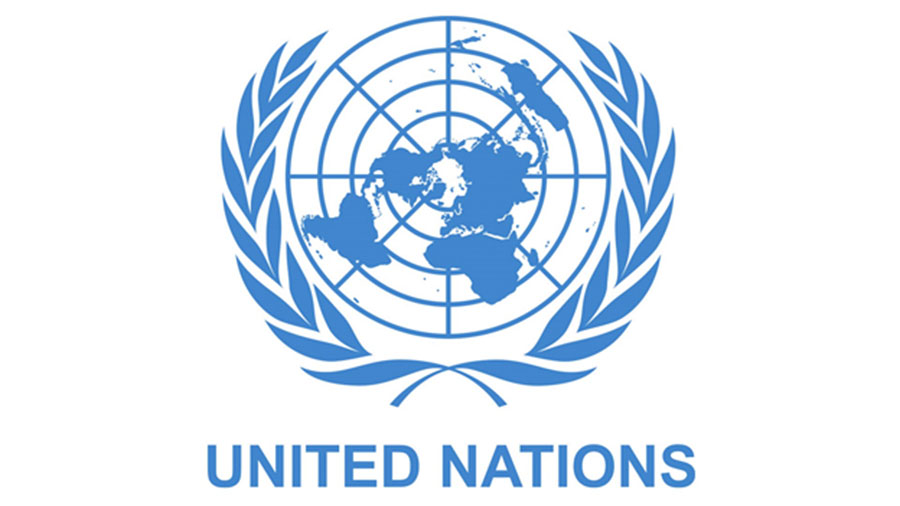A recent United Nations ‘Stocktake Report’ that seeks to measure the extent to which countries have been progressing with embracing behavioural change in pursuit of a more resolute response to the climate change challenge threat would appear to be seeking a more robust effort from societies to make adjustments to their ways of producing and consuming energy, travel, work and food production.
Using the 2015 Paris Agreement as a benchmark, the Report points to gaps in climate action and addresses what it says is the need for massive action by countries in order to meet the climate mitigation goals embodied in the 2015 Agreement.
The Paris Agreement is a legally binding international treaty on climate change adopted by 196 parties at the UN Climate Change Conference (COP21) in Paris in December 2015. It sets out as its primary objective the holding of the increase in the global average temperature to below 2°C above pre-industrial levels and the continued pursuit of efforts “to limit the temperature increase to 1.5°C above pre-industrial levels.”
If, in some quarters, it has been asserted that some progress has been made in pursuit of restricting climate levels, the overarching argument remains that the world still lags behind what is required to meet the desired targets articulated by the Paris Agreement. Here, climate-change watchers point to what they regard as, on the one hand, the weakening of an environmental lobby that has lost much of the earlier robustness, and what they see as the enhanced lobby secured by the fossil fuel industry during which it has gained ground in leaving behind the ‘big bad wolf’ image that had once tarnished their earlier image and caused them to be seen in international climate change circles as global pariahs.
The report, prepared by the United Nations Framework Convention on Climate Change (UNFCCC) secretariat, derives from “technical dialogue” which it (the report) says was based on “inputs from parties of the Paris Agreement, international bodies and non-party stakeholders.”
Data collection for the preparation of the report is said to have begun back in 2021 while the process included a technical dialogue which commenced in the same year. The first such ‘dialogue’ was followed by two further encounters in 2021 and last year and the ensuing discussions reportedly encompassed issues that included climate mitigation and adaptation, support and damage, and response measures.
While some climate change proponents have been inclined to see these deliberations as possibly bringing the international community closer to a collective appreciation of the universal threat that climate change poses, the battle for hearts and minds, up to this time, would appear to favour the ‘big players’ in the climate change industry. Evidence of this is reflected in the fact that Conference of Parties (COP 23) forum, this year, is not only being staged in one of the world’s foremost fossil fuel-producing countries, Dubai, but that the forum (which we need to remind ourselves, has as its overarching objective, the pursuit of initiatives designed to roll back climate change) is being chaired by one of the world’s foremost fossil fuel bureaucrats, Chief Executive Officer of the Abu Dhabi National Oil Company, Sultan Al Jabir.
If, in the opinion of the UN Stocktake Report, its findings were based on “the best available science, drawing on the latest findings of the Intergovernmental Panel on Climate Change (IPCC) and other sources of knowledge with broad participation of experts and non-party stakeholders with diverse backgrounds,” this does little to alter the fact that the physical manifestations of contemporary climate behaviour continue to send increasing signals that concerns over a conceivable climate change apocalypse now resides well inside the realm of mere conjecture.
While almost 200 countries have signed on to the Paris Agreement, it is unclear whether every signatory’s nationally determined goals are in sync with the realisation of the Paris Agreement’s goals. This, of course, is not to say that the Agreement has not triggered widespread positive action that has significantly reduced forecasts of future warming, though the signatories themselves have admitted that they are under no illusions about the ‘hard road’ that remains to be travelled.
This year, 2023, which ought to witness the first checks by signatories to determine how their respective countries are faring in terms of adherence to mitigation undertakings, will doubtless be a defining year for the Paris Agreement itself since it is the outcomes of these checks that will determine the extent of countries’ commitments to mitigating climate crisis by 2025.
More than 137 non-party stakeholders who are signatories to the Agreement, have submitted inputs on their actions in support of the goals of the Paris Agreement. As the Report’s technical findings show, however, “much more is needed now on all fronts and by all actors to meet the long-term goals of the Paris Agreement,” an unmistakable hint that societies will have to change even more radically in their respective approaches to every aspect of producing and consuming energy, travel, work, and production of food. The report also recommends enhancing renewables, including solar and wind energy, implying the expansion of electric vehicles in the near future and bringing a halt to the use of ICE (internal combustion engines) which is also suggested by the report. The report also urges a halt to de-forestation and a simultaneous reversal of the practice by 2030.
The report, meanwhile, also seeks a scaling up of climate finances through resort to “an expanded range of sources.








